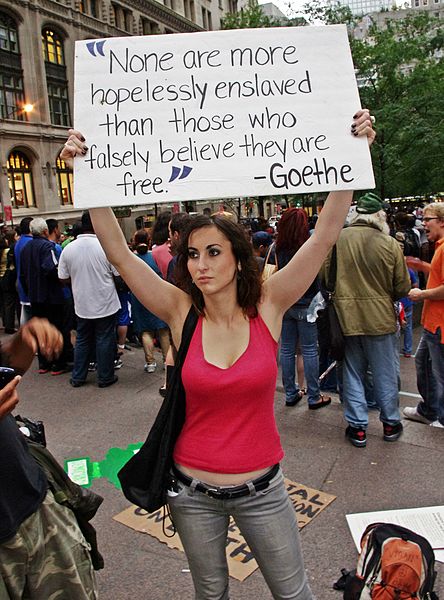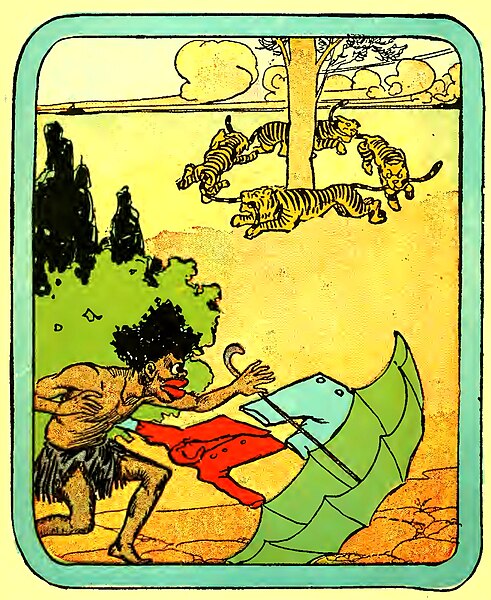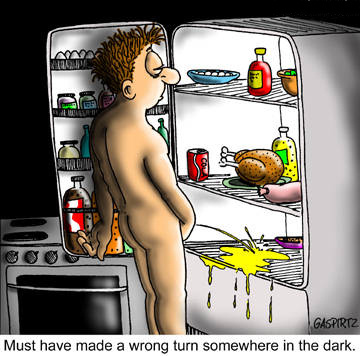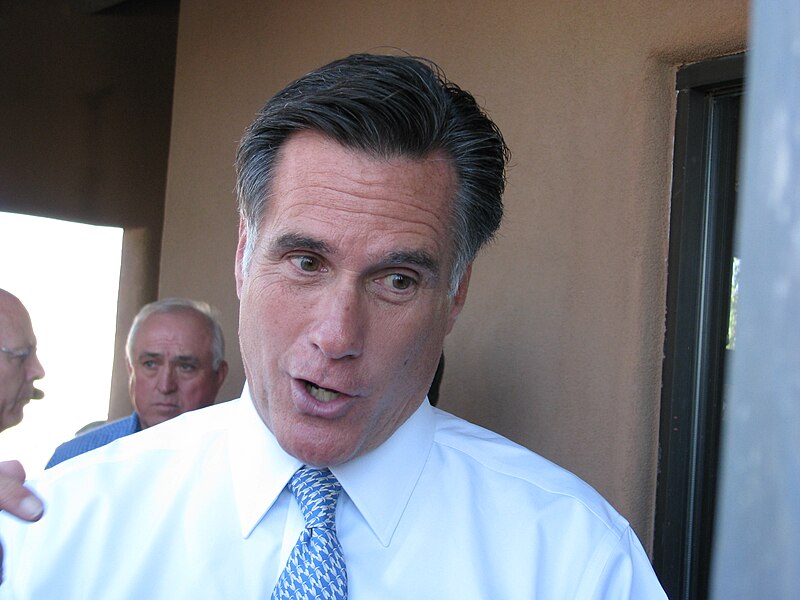I should start this by clarifying my own position; I consider myself a Center-Leftist, and a loyal, even passionate Democrat. However, I do not regard the party as being beyond criticism; in fact I view it as a remarkably rickety and haphazard vehicle for the public policies I advocate.
(this and unlabeled images from Wikimedia Commons)
I have no patience for my fellow Democrats who insist we have to coddle the Blue Dogs within our own party. The purpose of politics is policy, not the converse. Blue Dogs who consistently undermine the policy goals of the party and the Administration, who consistently vote to sustain Republican filibusters instead of merely voting against bills they personally oppose...
(from top: Ben Nelson, Evan Bayh, Blanche Lincoln)
well, they can go straight to Hell. It's not as though these losers are able to win elections anyway.
By the same principle, I have no patience for people who think criticism of the President is somehow off limits. Barack Obama is the greatest president of my lifetime. He's brilliant, charismatic, has sharper political instincts than Bill Clinton (and that's going the distance, and taking a victory lap) and is relentless in his determination to do what's right for the country.
But, he's not perfect, he does make mistakes and if we disagree with something he's done, we have an OBLIGATION, as citizens, to bitch about it. These people work for us; they begged us to give them the damned job, and we're entitled to let them know what we think of their performance.
I also want to stress my enormous respect for, and gratitude to the "Hard Left". The Hard Left and the Center Left disagree on some important public policy issues. In the context of leftist political debate, those differences are magnified and personalized, which frequently ends with name-calling, mutual recrimination and an inability to recognize that we agree on far more than we disagree on.
The Center Left has been relatively ineffective in reversing the steady drift to the Right in this country's policies. And while the Hard Left has to bear some of the onus of George W. Bush's claiming the Presidency in 2000, the Center Left failed to prevent his reelection in 2004. It was the Hard Left that gave us the Occupy Wall Street movement, and while some have dismissed the achievements of this remarkable political movement, those achievements are undeniable.
Occupy Wall Street has made it possible to discuss income inequality in this country. People forget that prior to Occupy Wall Street, the dialogue in this country was entirely misfocused on deficit reduction (Paul Krugman has been a notable exception). The energy and commitment and rediscovery of symbolic political action by the Hard Left has been citizenship of the very highest order. Sniping at them by my fellow Center Leftists is unjustified, unwarranted and so counter-productive to our stated aims and values as to astonish.
But it must be said; the Hard Left is even more intransigent, and a lot less practical. Their unwillingness to work within the Democratic Party will accomplish nothing except the frustration of their ends. Everything to which the Hard Left aspires requires obtaining control of the apparatus of public policy. That control cannot be obtained except by winning elections. And those elections cannot be won, except by one of the two major parties in this country, the Democrats or the Republicans.
I get a lot of populist pushback when I make this claim. Many smart people who I've come to deeply respect insist that I "don't get it", that this is a people's movement, that the old parties are hopelessly corrupt and merely tools of the existing elites. They speak glowingly of a true "progressive party", and insist that I think outside the two party box.
Actually, they don't get it.
There's a very simple reason why we have a two party system in this country, and it has nothing to do with our elites, or my lack of vision, or the corruption of the political process. It's because the way we elect our legislature makes a two party system inevitable.
Any system of single-member constituencies elected by plurality will result in a two party system.
Let me explain the jargon... the House of Representatives consists of 435 Congressional districts, each of which elects a single legislator. Any number of candidates can run for the seat, but only one will win. This is what a single member constituency is.
You must also understand that politicians are "single-minded seekers of re-election". This is an oversimplification, of course. Politicians are just people. Like all of us, they have multiple roles, and those roles each come with a different value set which determines their behavior. But, when they're wearing their "politician hat", that behavior is monomaniacally focused on winning office. Those whose behavior and values are more complex lose elections, and leave public life. The system selects for electoral monomaniacs.
In a system of single member constituencies, there's only one winner per district. That winner is the candidate with the most votes. It doesn't have to be a MAJORITY of the votes, it just has to be the MOST votes. This is what is meant by elected by a plurality.
In such a system, each candidate must take positions on many issues, in the attempt to get as many votes as possible. Most voters don't care about lots of things, they care about a few things. But those things differ from voter to voter, and so the successful candidate must have appealing positions on a wide variety of issues. Candidates are generalists, and since in the simplified world of political campaigns there are only two sides to every issue...
you get a two party system.
There are alternative electoral systems, but we don't use them in the United States.
A party list system awards candidates not on the basis of multiple elections in a number of constituencies, but on the basis of the proportion of votes the party obtained nationally.
In such a system, the party's leaders are at the top of the list; they'll get to hold office if their party wins a certain minimal percentage of the national vote. Their personal incentive, as single-minded seekers of re-election, is to make sure they appeal to enough voters to meet the threshold for representation in the legislature, usually around 5% of the total vote. Anything beyond that is gravy.
Their interests are best served by appealing to voters who are passionately committed to them, on the basis of a few issues. In the United States, such a system might result in a "pro-life" party, a Libertarian Party that would actually hold seats in Congress, a Religious Fundamentalist Party (not unlike the Constitution Party today, but capable of holding seats), a Tea Party, an Occupy Party...
5% nationally is a MUCH easier lift than a plurality inside a single district. You could get 5% of this country to elect Kim Kardashian to Congress...
and, the Republic would fall.
My point is this; the Hard Left's disdain for the Democratic Party is badly misguided. The single member constituency system in this country means they've only got two parties to choose from. Efforts to form a new one are doomed by the nature of the way we elect our leaders.
The interests of the Hard Left, and Progressives generally, are best served by attempting to take over the Democrats, rather than work outside them.
Any other course only serves the interests of Republicans, and the reactionary 1%.
UPDATE: I am indebted to Steve Dorst (@sjdorst) for reminding me that Robert Reich was another voice warning against austerity during the pre-Occupy deficit hysteria. If you're on Twitter, you should Follow him. He's insightful, funny and a generally good guy.
UPDATE: I am indebted to Steve Dorst (@sjdorst) for reminding me that Robert Reich was another voice warning against austerity during the pre-Occupy deficit hysteria. If you're on Twitter, you should Follow him. He's insightful, funny and a generally good guy.





















